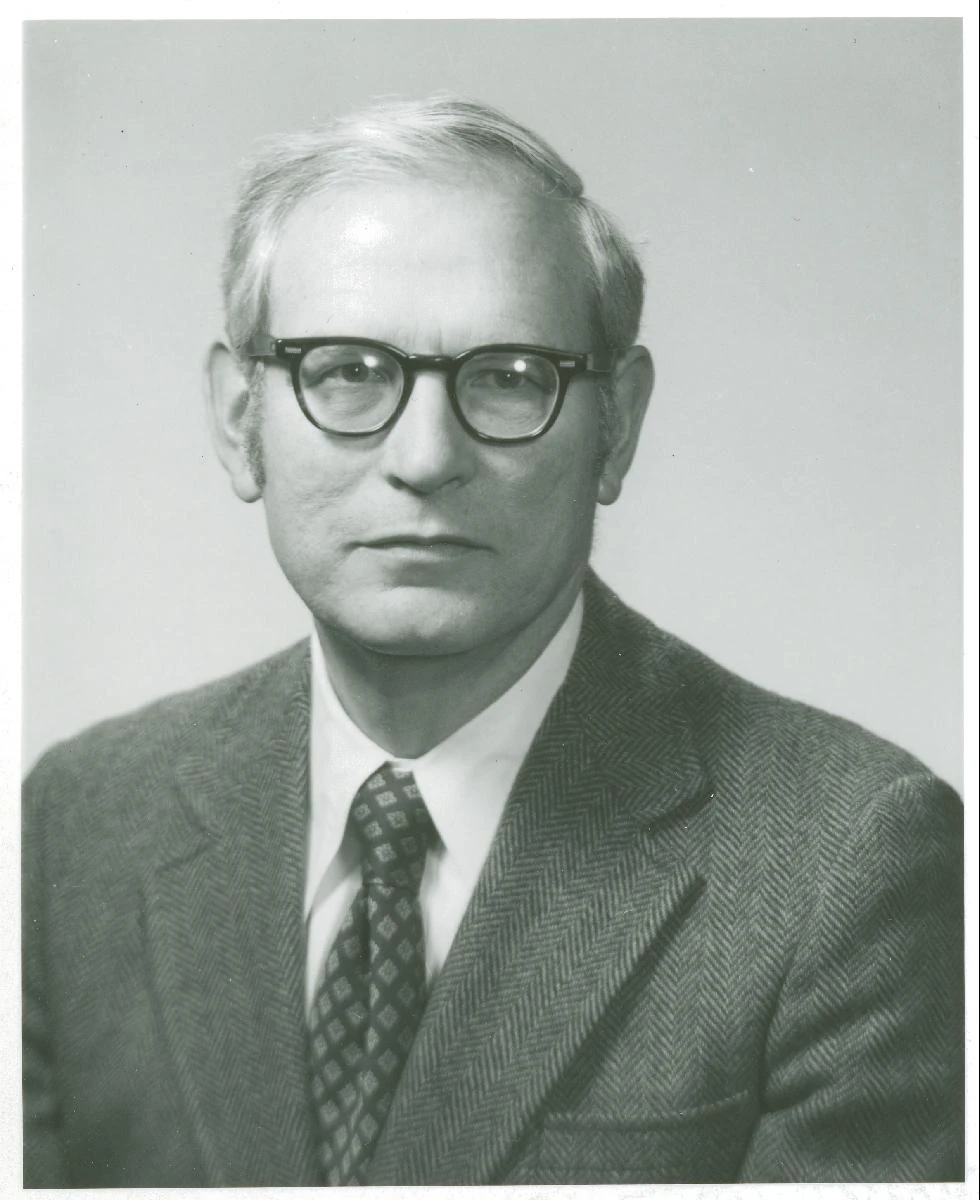I break the normal rules of the Friday Random 5 once again, this time for the obvious reason. I wasn’t as completely shocked by Prince’s death as I was by Bowie’s, but that’s partly because Bowie had just dropped an incredibly compelling new album that in retrospect clearly laid out what was happening to him. With Prince’s death, I’m still a little numbed by the suddenness of it. So I turn to his music.
Mom warning ahead: Prince wrote about sex so I will too.
Just 4 the Tears in Your Eyes: I still can’t believe that this song was only a b-side. I heard it for the first time 22 years ago when I picked up his first, and best, career retrospective, the three-disc monster Hits/B-sides compilation. It’s an appropriately somber note on which to start this retrospective and a useful reminder that Prince had spirituality as well as sensuality working for him.
Shy: Depending on how I feel at the time, this is either a monstrously underrated track from the underrated The Gold Experience, or it’s an arch piece of songwriting. I figure, the way life is, it’s probably both. But I love the way he builds the track off the footsteps of the protagonist, adding just a lead guitar, then building the track out on top of the rhythm guitar pattern that falls in behind the verse.
Adore: The slow jam that closes out Sign o’ the Times, complete with horn section and falsetto for days. An endlessly fascinating love song. This is definitely the song that Beck was listening to when he wrote “Debra.”
One of Your Tears: From the in-retrospect seriously interesting Crystal Ball rarities collection. I understand why this track remained a rarity; when your song has the narrator’s estranged girlfriend sending him a used condom in the first verse, it’s kind of amazing that it can actually recover. But the stacked harmony that fills out the chorus has insinuated itself into my brain.
Come: Okay, now shuffle is just playing with me. The salacious horn-driven title track from another underrated Prince album from the early 1990s and probably the most explicit paean to cunnilingus ever written. It appears that this song was a last minute addition to Come (the album), but it doesn’t sound like it. I hope Heaven has a horn section this funky.
Scarlet Pussy: Another early b-side, I think of this as the early flip side to “P. Control.” While it’s unusual in early Prince songs for having a female protagonist, the song doesn’t escape reducing her to her sexuality. But it’s got a George Clintonesque narrator, an electrofunk backbone, and an unforgettable chorus. So there’s that.
I Would Die 4 U: What does it say about this song that it’s probably the least memorable of the hit singles from Purple Rain? Only that Purple Rain is an album so full of win that it couldn’t have been written by anyone else. The beats and the one-note verse and the minimal arrangement (synths, handclaps, synth bass) all add up to something a lot more than the parts.
Interactive: Another Crystal Ball number, this is a rock number that featured in Prince’s Interactive video game CD. (Has a more early-90s sentence ever been written?) I don’t think the rock that Prince was writing in the early 90s was his best stuff, but this track is pretty good, particularly the guitar work.
P Control: The remix version of the lead-off track from The Gold Experience, this is another track on Crystal Ball. This version adds scratching and backing vocals and plays around with the instrumentation on the bass track, but it’s otherwise the same great song. I’ve always loved this song because it plays gleefully with the dirty words and paints a portrait of the most independent of his female musical protagonists, in which the only way the narrator wins a chance with her is by acknowledging and respecting her strength. That’s a long way from “Scarlet Pussy.”
Hide the Bone: Yeah, OK, shuffle, we get it. I should listen to Crystal Ball more often.
Bonus: Cloreen Bacon Skin. After “Hide the Bone,” I listened to about another hour of miscellaneous Prince stuff before this track came on. Another treasure from Crystal Ball, a fifteen minute funk jam with just Prince on bass and Morris Day on drums, featuring Prince doing an impression of an elderly James Brown via George Clinton and … really, I don’t know what else to say because if you weren’t already looking up the song on Youtube by the end of that sentence, I don’t know what’s wrong with you.
Composition note: I dictated this via speech to text while driving to Charlottesville, only to lose it when the WordPress app hiccupped, so had to rewrite it from scratch.







 I wanted to commemorate the February passing (I only learned of it this morning via
I wanted to commemorate the February passing (I only learned of it this morning via 
